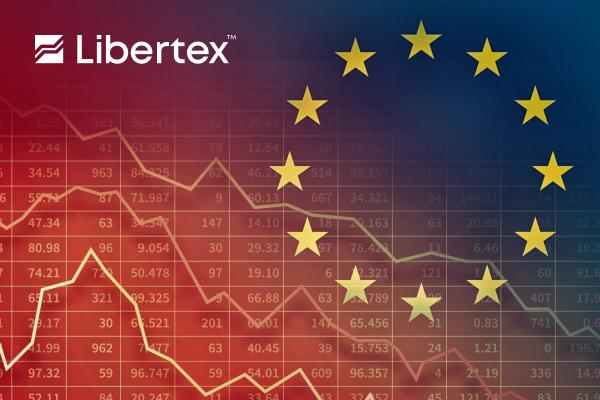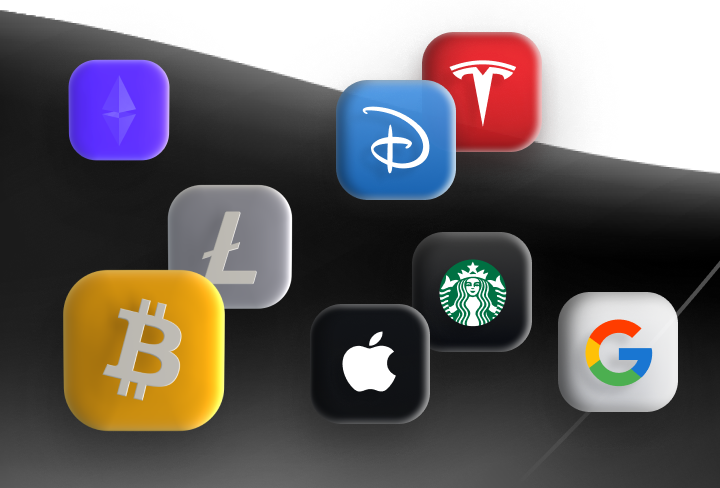The UK and the Eurozone continue to suffer from inflation amid soaring food prices and an energy crisis. Based on the consumer price index (CPI), inflation in the 19 countries that use the Euro hit a new record of 8.1% in May, up from 7.4% in April. In the UK, inflation hit a fresh 40-year high of 9.1% in May, despite the Bank of England raising interest rates for the fifth time since December.
These rates match the US and are the highest levels some countries have seen since the 1970s oil crisis. The prices of everything, from food to utilities to services, are squeezing consumers who are only just emerging from the financial difficulties of the pandemic. In response, central banks across Europe have raised interest rates and borrowing costs, and this has had a ripple effect on markets as inflation squeezes corporate profits and consumer savings alike.
In a statement, the UK central bank predicted that this trend will likely continue, possibly reaching as high as 11% in October. In an emergency meeting, the European Central Bank agreed to limit borrowing costs in the southern Eurozone to prepare for interest rate hikes in both July and September. Central banks have made lowering inflation their top priority when it comes to monetary policy, which, unfortunately for market investors, can hurt financial stability and growth.
Will there be a recession?
Raising interest rates to slow down the economy and curb inflation can pose a substantial risk. Borrowing becomes more expensive, businesses become risk-averse, and the economy shrinks, usually negatively impacting the stock market and even on the consumers that central banks aim to protect, as they must also pay higher interest rates on credit card debt and mortgages. Moreover, the higher cost of doing business can trigger a stock market crash and an accompanying recession.
Effect on the stock market
As inflation rates reveal the real struggle of the cost of living crisis, investor confidence in economic growth declines. The rapid rise in food prices shown on the UK's consumer price index this week appears to have hit the UK's FTSE 100, which fell by 1.3%.
The European stock market also took a hit this week amidst fears of a global economic slowdown. The pan-European STOXX 600 fell 1.5% to its lowest point since February 2021, and oil & gas stocks tumbled 2.9%, following a drop in crude prices, which in turn were driven by US President Joe Biden's attempts to curb rising fuel costs.
Trading in a time of inflation
Anyone who engages with the market in the long term, whether for trading or investing, must be prepared to make moves in economic downturns and upswings. That is why Libertex was designed to give you potential opportunities in both rising and falling markets. Information is key, as a trader should keep an eye not just on prices and charts but on geopolitical events and monetary policy proposals around the world.
Short-selling, or betting that the price of a stock will go down, is one way to potentially profit even in a time of market decline. CFDs (contracts for difference) offered by Libertex allow you to trade on the predicted price differences of an asset, whether up or down. In addition, diversifying, either via indices or simply expanding one's range of assets, can reduce one's exposure to risk. Finally, one can also look at the types of stocks that have historically outperformed the market during times of inflation, such as precious metals, agriculture, energy and commodities and high-value companies. However, CFD trading also comes with the risk of loss and should be pursued after doing one's own research.
Whichever techniques you choose, Libertex offers you everything you need to engage with the market on your terms, with detailed analytics available in our user-friendly app or web platform, along with low commissions on your trades. With over 250+ tradable assets, including CFDs on stocks, forex, cryptocurrencies and commodities, Libertex allows you to trade a diverse range of underlying assets to weather changing market conditions. Not a Libertex client yet? Register in just a few seconds and try a demo account to learn how to trade!






